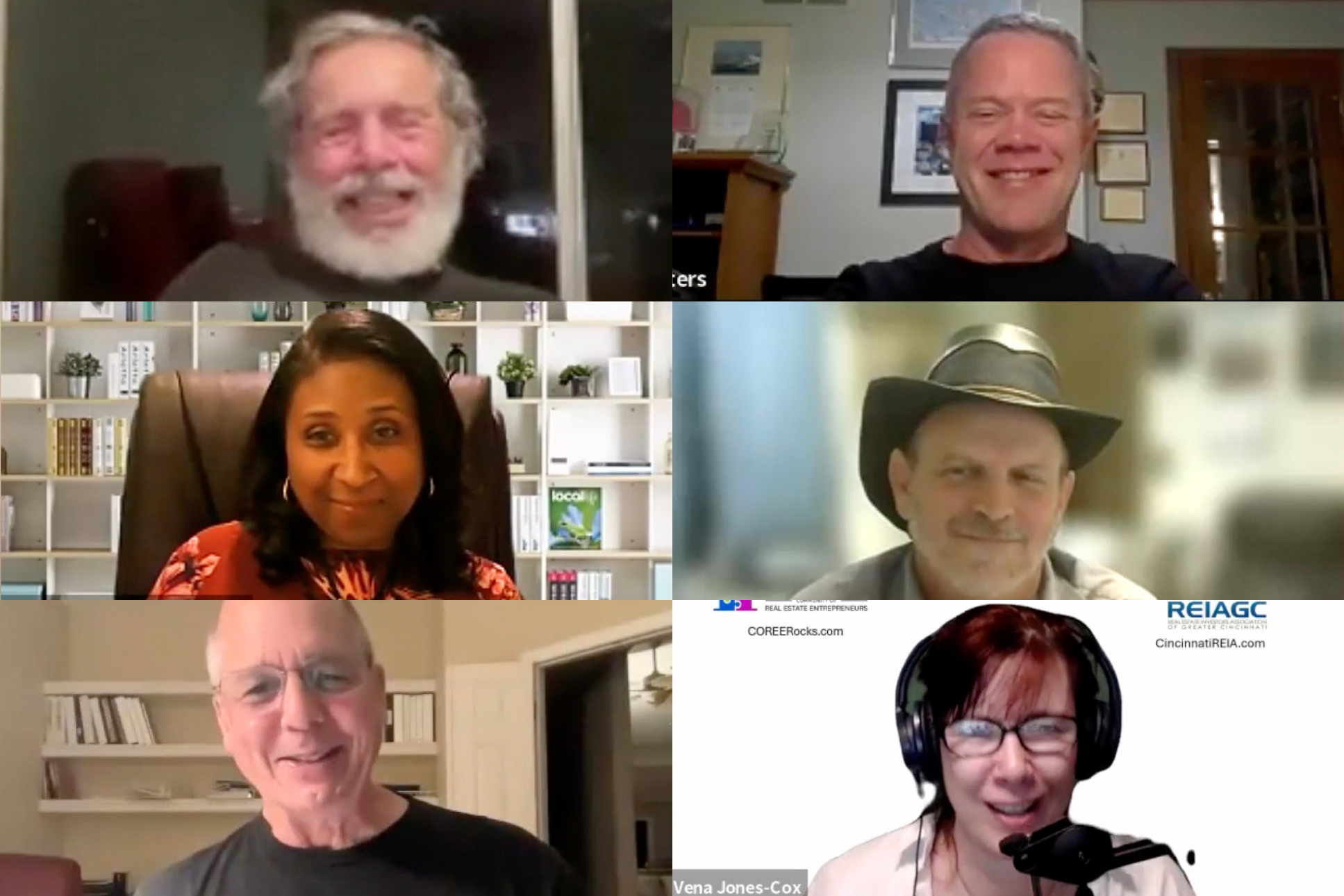
As you can probably imagine, there’s a LOT that goes on in the background in running this big and growing community.
One of those things is an annual meeting where our team looks at big picture things like vision, mission, big projects for the year...all the things you probably do for your real estate business.
Years ago, we outlined a “Proven Process for Creating Successful Real Estate Entrepreneur” based on my decades of experience watching members join and then either meet their goals or not, and the first step of that process is, “We Meet You Where You Are”.
Over the years, that idea has guided a lot of the programs and decisions you’ve seen here, and it’s a philosophy we go back to over and over as the real estate market, and the economy, and world events, have evolved.
It’s a guiding principle here at COREE, and here’s why it’s so important to you:
1. You are at a unique level in your real estate knowledge and experience, and so we provide education, resources, and support for new, active, and experienced investors to meet your needs NOW, and as you progr
Read More...